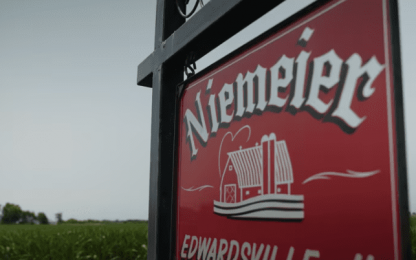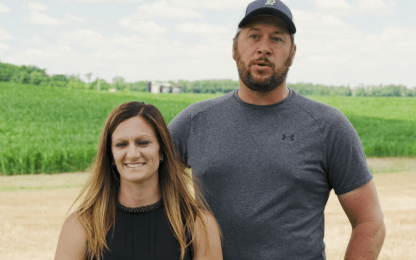Peter Hofherr is grateful for the Small Business Administration’s Paycheck Protection Program funds he received to maintain his business, St. James Winery, through the COVID-19 pandemic.
Peter owns St. James Winery in St. James, Missouri, home to a Fermentation Campus that serves delicious craft beers from Public House Brewery, in addition to the award-winning wine his team produces.
Critical Emergency Funds
Peter, alongside other small business owners, wondered if he could stay in business in the face of the COVID-19 crisis. He employs 130 staff and feared he would have to let people go to keep the business afloat, a decision that he abhorred having to make.
While Peter worked tirelessly to make ends meet, the federal government authorized the Small Business Administration’s (SBA) Paycheck Protection Program (PPP), a program that provides SBA-guaranteed loans to small businesses facing financial hardship due to COVID-19. PPP loans cover payroll, as well as mortgage interest, rent and utilities for the eight weeks following receipt of the loan and are forgivable if businesses meet certain criteria.
Maintaining the team
Peter’s employees range from college students and young professionals to those who provide the sole financial support for their families with their income from St. James Winery and Public House Brewing Company. They also span all disciplines, including beer and wine production staff, marketing and customer service staff, and all support positions in between. To lose these members of Peter’s team would have meant losing valuable talent and support that he needed to maintain the winery.
However, thanks to support from FCS Financial and their efforts to submit a PPP loan application on behalf of St. James Winery, Peter kept all 130 individuals on staff at St. James Winery and Public House Brewing Company. “The PPP and FCS Financial’s ability to secure these funds for our businesses in rural Missouri has been instrumental in our ability to navigate the COVID-19 pandemic,” he said.
Diversified focus
Knowing that he could continue to count on his highly skilled staff and not have to worry about leaving anyone without income, Peter may focus his time and energy on the many other aspects of maintaining their business through the crisis.
“We were able to keep the health and safety of our employees and customers as a top priority and shift our business models accordingly,” he said.



